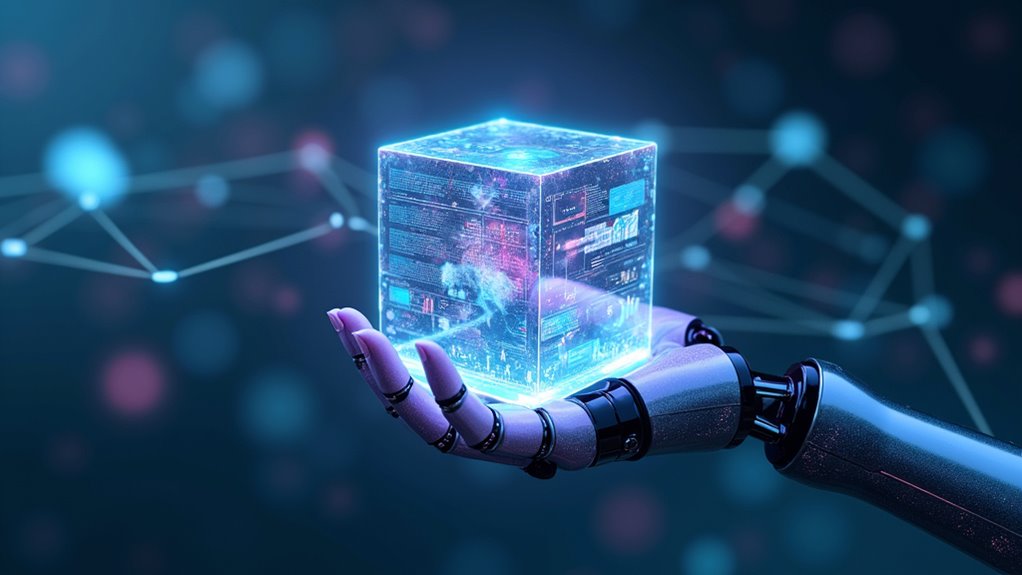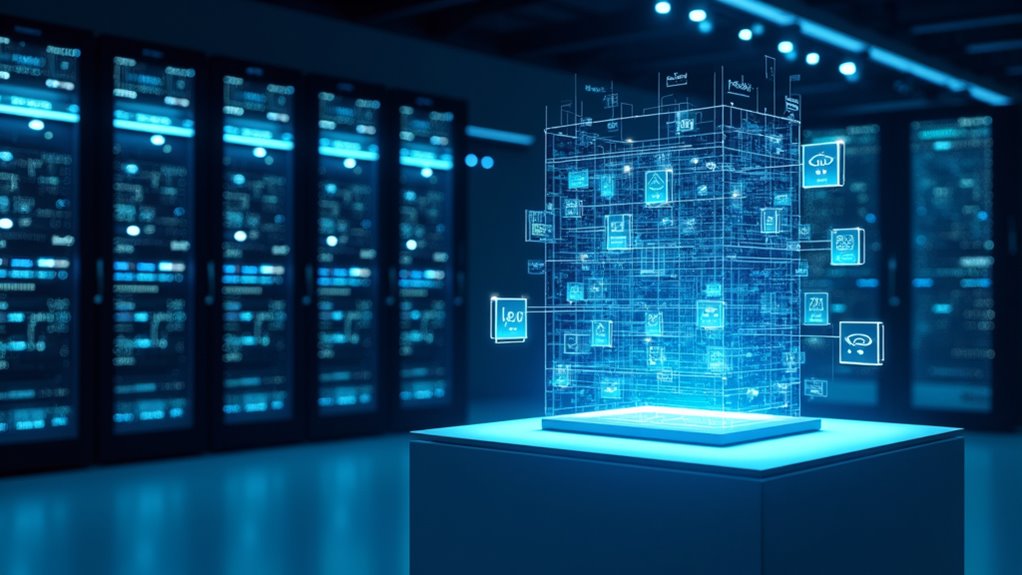Dell’s AI ambition isn’t quiet—think less “just keeping up” and more “front row at the Taylor Swift concert.” They’re dropping NVIDIA Blackwell GPUs into their AI Factory, pushing edge processing over cloud hype, and calling the shots in AI’s next act. Dell supports powerhouses like xAI’s Colossus and Mistral, promising low-latency, real-time smarts on-premises, not in some mystery cloud. With new AI security services coming in 2025, the story only gets juicier from here.
Let’s be honest: plenty of tech giants are promising to “change the world” with AI, but Dell isn’t just talking a big game—it’s rewriting the playbook. Forget the typical Silicon Valley “move fast and break things” bravado; Dell is playing chess while others play checkers, especially with its power move leveraging NVIDIA Blackwell GPUs.
While some are still obsessed with funneling everything into the cloud, Dell’s mantra is simple: “AI will follow the data, not the other way around.” Translation? Edge AI is king, and Dell wants the crown.
Dell’s vision is all about pushing intelligence to the edge—literally. As AI workloads balloon, Dell’s betting that decentralized, low-latency, and hyper-efficient processing is the next big thing. Imagine this: real-time insights right where your data lives, whether it’s a hospital, a factory floor, or your grandma’s smart fridge. Dell is pioneering the edge AI revolution, processing data where it lives, which makes them a leader in delivering AI directly to the point of action.
No more waiting for a round-trip to the cloud just to detect a suspicious mole or optimize a conveyor belt. Dell’s AI Factory is designed to make this easy, simplifying deployment and automating operations so even the most sprawling hybrid environments don’t spiral into chaos. Their infrastructure streamlines business automation similar to how AI handles tedious operations tasks.
Now, let’s talk muscle. Dell isn’t just building for hypothetical startups—they’re supporting the likes of xAI’s Colossus, Mistral, and ServiceNow. Not exactly lightweight clientele. These “intelligence factories” are cranking out advanced AI workloads, with Dell’s infrastructure quietly humming in the background, scaling up as needed.
That’s not just tech for tech’s sake; it’s the backbone of enterprise AI transformation, helping organizations keep up with the generative AI arms race.
Security? Dell’s launching its AI Security and Resiliency Services in 2025, promising frameworks that make Fort Knox look like a lemonade stand. Their partnership with NVIDIA means faster, smarter, and more resilient AI pipelines—think less “data swamp,” more “data goldmine.”
With 85% of enterprises eyeing on-premises generative AI, Dell seems to have read the room.
In the AI revolution, Dell isn’t just keeping pace—it’s setting the tempo, with a wink, a nudge, and a GPU-packed punchline.








